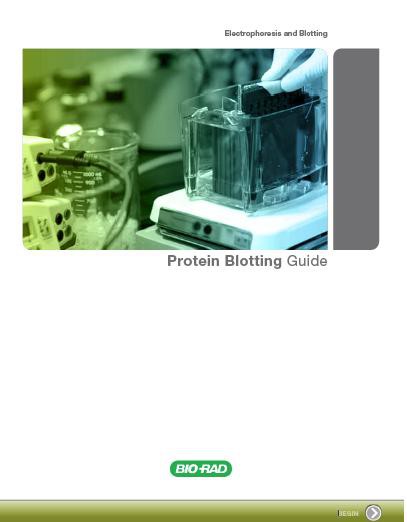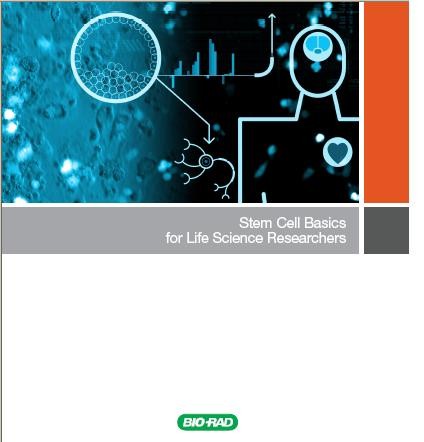The ability to reliably and safely make in the laboratory all of the different types of cells in human blood is one key step closer to reality.
Writing today in the journal Nature Communications, a group led by University of Wisconsin-Madison stem cell researcher Igor Slukvin reports the discovery of two genetic programs responsible for taking blank-slate stem cells and turning them into both red and the array of white cells that make up human blood.
The research is important because it identifies how nature itself makes blood products at the earliest stages of development. The discovery gives scientists the tools to make the cells themselves, investigate how blood cells develop and produce clinically relevant blood products.
“This is the first demonstration of the production of different kinds of cells from human pluripotent stem cells using transcription factors,” explains Slukvin, referencing the proteins that bind to DNA and control the flow of genetic information, which ultimately determines the developmental fate of undifferentiated stem cells.
During development, blood cells emerge in the aorta, a major blood vessel in the embryo. There, blood cells, including hematopoietic stem cells, are generated by budding from a unique population of what scientists call hemogenic endothelial cells. The new report identifies two distinct groups of transcription factors that can directly convert human stem cells into the hemogenic endothelial cells, which subsequently develop into various types of blood cells.
The factors identified by Slukvin’s group were capable of making the range of human blood cells, including white blood cells, red blood cells and megakaryocytes, commonly used blood products.

















